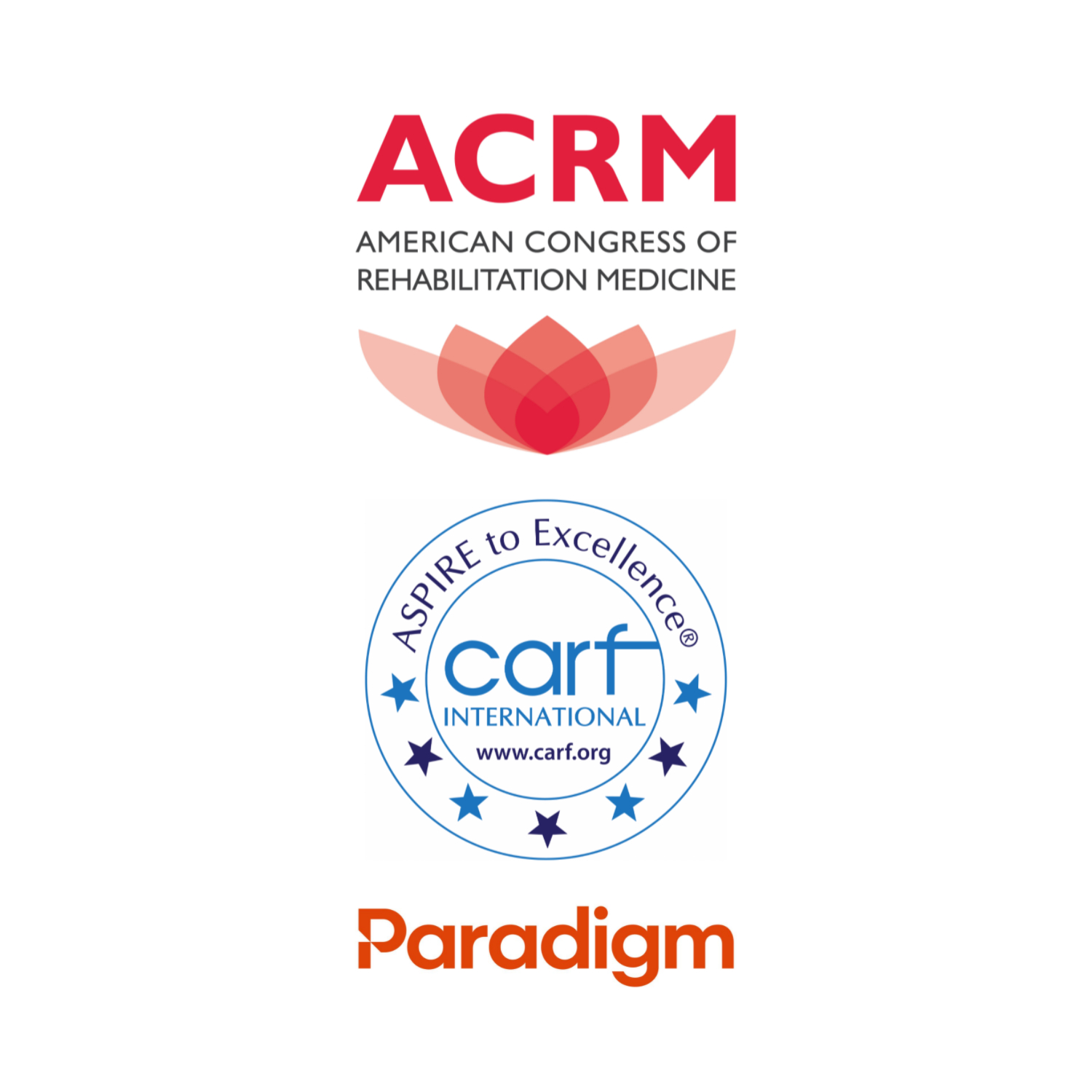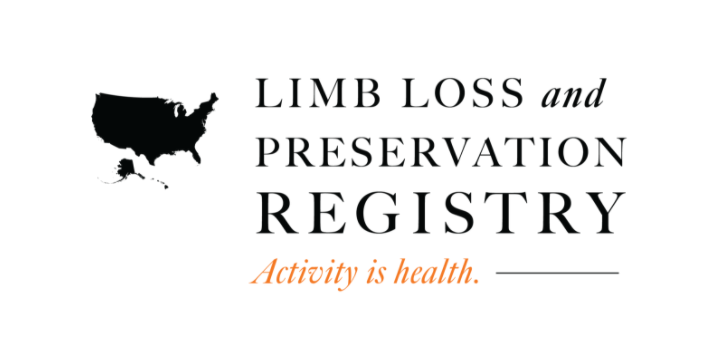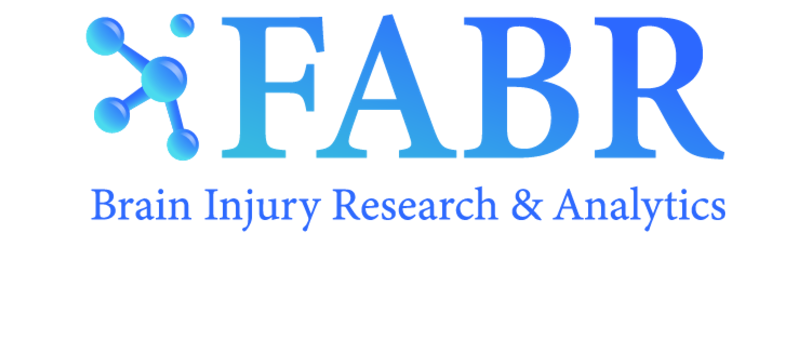ACRM - CARF - Paradigm

Paradigm is proud to partner with the American Congress of Rehabilitation Medicine (ACRM) and Commission on Accreditation of Rehabilitation Facilities International (CARF International) to co-fund, develop, and disseminate high-quality clinical practice guidelines and systematic reviews for the rehabilitative medicine industry. This innovative initiative brings together three very important stakeholders in our rehabilitation medicine industry to ensure clinical excellence and high-quality care by sharing evidence-based guidelines, supporting provider adoption, and driving patient-centered outcomes.
Paradigm’s collaboration with ACRM and CARF International helps rehabilitation providers get access to evidence-based reviews and practice resources to standardize clinical practice approaches and decrease variations in rehabilitation care. Paradigm’s Chief Medical Officer, Workers’ Compensation, Michael Choo, MD, MBA, currently serves as chair for the Dissemination & Policy Committee, a subgroup of ACRM’s Evidence Practice Committee.
Furthermore, in collaboration with the ACRM’s Brain Injury I-SIG Disorders of Consciousness Task Force and TBI Model System Special Interest Group, a comprehensive Disorders of Consciousness (DoC) resource materials for families and caregivers of Traumatic Brain Injury (TBI) patients is now available via the Brainline website. This website is maintained and sponsored by Public Broadcast Service (PBS) and the TBI related contents and resources for the Family and Caregivers’ education guide is kept up-to-date by ACRM’s TBI experts in collaboration with facilities such as Shepherd Hospital, Madonna Rehab Hospital, Craig Hospital, and many other highly reputable inpatient rehabilitation hospital partners.
The ACRM evidence practice committee’s dissemination and policy subgroup also released Diagnostic Criteria for Mild Traumatic Brain Injury (mTBI) which helps better define this condition. The American Congress of Rehabilitation Medicine Diagnostic Criteria for Mild Traumatic Brain Injury can be found here.
Mayo Clinic - LLPR

Paradigm’s Chief Medical Officer, Workers’ Compensation, Michael Choo, MD, MBA, is a founding member of the panel formed to support and guide the Mayo Clinic team in implementing the Limb Loss and Preservation Registry (LLPR). Mayo Clinic’s Kenton Kaufman, PhD, is the principal investigator and project lead working with the Thought Leadership & Innovation Foundation and Prometheus Research, an IQVIA business. The goal of the LLPR is to create a national quality data set for limb loss and preservation and promote the best functional outcomes.
Funded by the National Institute of Health and Department of Defense, this five-year initiative will house robust continuum of care data related to limb loss and preservation care. The comprehensive data repository will include clinical data, surgical procedures, prosthetic devices and components, therapy interventions, functional outcomes, quality of life issues, and much more. National initiatives like the LLPR are extremely valuable as they provide a centralized repository for evidence-based insights, as well as real-time effectiveness research. Access to such information helps to educate our industry, decrease variations in care, improve quality of care, and optimize functional outcomes for patients with limb loss—which is completely in line with Paradigm’s mission.
Read the ACRM article on the Creation of a Limb Loss and Preservation Registry for Improving the Quality of Patient Care in the United States.
UW Medicine - PCORI®: Brain Injury Trial - BRITE

The University of Washington School of Medicine, along with Indiana University, Ohio State University, Brain Injury Research Center of Mount Sinai, Moss Rehabilitation Research Institute, and Baylor Institute for Rehabilitation, is leading a study on Brain Injury Rehabilitation: Improving the Transition Experience (BRITE). Paradigm’s Chief Medical Officer, Workers’ Compensation, Michael Choo, MD, MBA, is a proud advisory member of the professional stakeholder group supporting this outcome improvement effort.
The BRITE study and its principal investigators with UW Medicine—Jeanne Hoffman, PhD, and Jesse Fann, MD—are funded by Patient-Centered Outcomes Research Institute (PCORI), a government-sponsored organization created through the 2010 Patient Protection and Affordable Care Act and charged with funding comparative effectiveness research to improve healthcare outcomes. By comparing the effectiveness of enhanced transitional case management with standard discharge planning, the BRITE study’s goal is to identify transition interventions that improve the trajectory of TBI patients—with special focus on participation and quality of life, as well as healthcare utilization and caregiver burden.
Boston-Harvard Burn Injury Model System: LIBRE Project
Paradigm’s Chief Medical Officer, Workers’ Compensation, Michael Choo, MD, MBA, is a proud advisory member for the Boston-Harvard Burn Injury Model System (BHBIMS). Dedicated to improving the lives of burn survivors, BHBIMS is one of four burn model systems funded by the National Institute on Disability, Independent Living, and Rehabilitation Research. Burn model systems are networks of hospitals and research institutions across the U.S. that track burn survivors’ progress and create clinical benchmarks for burn-associated patient recovery, rehabilitation, and life adjustments.
Jeffery Schneider, MD, and Lewis Kazis, Sc.D, from BHBIMS are leading a research initiative called Life Impact Burn Recovery Evaluation (LIBRE) which brings awareness to the impact burn injuries have on burn survivors’ social engagement during their recovery. The LIBRE profile tool allows burn patients, and other stakeholders, to monitor and better understand the social integration and engagement trajectory during their recovery from burn injuries.
Like Paradigm, BHBIMS uses extensive data-driven analysis from the onset of injury, throughout rehabilitation, and after re-entry into the community to provide better insights and knowledge transfer regarding life after burn survival—all with the goal of achieving the highest functional recovery potential.
Foundation to Advance Brain Rehabilitation

The Foundation to Advance Brain Rehabilitation (FABR) is a nonprofit organization, whose mission is to advance brain rehabilitation through scientific and strategic analysis of industry-wide data. Six leading organizations in brain injury rehabilitation—Learning Services, On With Life, Pate Rehabilitation, Progressive Rehabilitation, ReMed, and Shepherd Center—have partnered to create FABR, with a shared vision of improving outcomes in the brain injury rehabilitation field. FABR includes a continuum of post-acute neuro-rehabilitation and neuro-behavioral programs, and will utilize clinical data aggregated from these programs to research and identify best practices, and demonstrate the value of post-acute brain injury rehabilitation within this continuum of services. Key FABR objectives include measuring the impact of available rehabilitation care interventions and understanding the dose benefits associated with specific care interventions. Paradigm’s Chief Medical Officer, Workers’ Compensation, Michael Choo, MD, MBA, is a medical consultative partner to the FABR initiative.